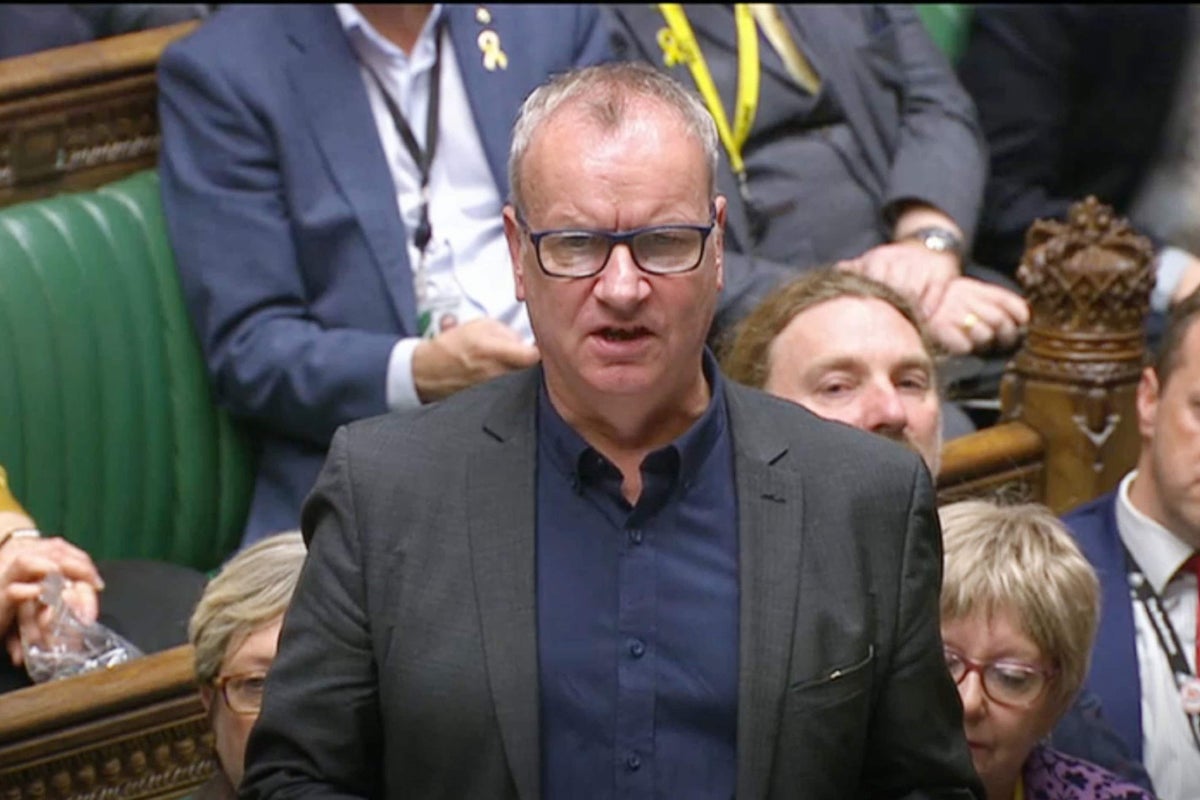
A Commons committee has challenged the UK Government to use next week’s Budget to fund the Acorn carbon capture and storage programme in the north east of Scotland.
Pete Wishart, chair of the Scottish Affairs Committee at Westminster, insisted it was “deeply disappointing” that the project there had been “put on the back burner”.
Much of the necessary infrastructure for the project – which missed out on funding in the first phase of the UK Government’s carbon capture, utilisation and storage (CCUS) cluster sequencing process – was already in place, Mr Wishart insisted.
It is deeply disappointing that the Acorn project, that already has much of the necessary infrastructure in place, has been put on the back burner— Scottish Affairs Committee chair Pete Wishart
Adding that the “lack of any certainty is majorly denting industry confidence”, he went on to demand that “clarity must be given at next week’s Budget”.
Mr Wishart spoke out as the committee he chairs published a new report looking at both the potential for carbon capture and for hydrogen to be used as an alternative source of energy.
In the report, the MPs said: “Scotland and the rest of the UK will not be able to deliver on their net-zero commitments without carbon capture and storage (CCUS).”
They added that both carbon capture and storage, and a move towards greater hydrogen production would be required, together with other renewables to “achieve a just transition from oil and gas”.
We hope that the UK Government provides details for funding for the Acorn project in the upcoming Budget— Scottish Affairs Committee report
With the Acorn project at St Fergus in Aberdeenshire having lost out to rival schemes on Humberside and Teeside in 2021, the committee called on the UK Government to “provide details of how precisely they have funded the Scottish cluster so far”.
The report added: “We hope that the UK Government provides details for funding for the Acorn project in the upcoming Budget.”
On the issue of carbon capture and storage, MPs noted that the North Sea had “an abundance of depleted oil and gas fields, providing the whole UK with secure geological storage for captured carbon”.
But Mr Wishart stated: “Net zero is little more than a pipe dream without carbon capture.”
We are making the UK a world leader in carbon capture, utilisation and storage and are accelerating development of this vital technology as part of our greater efforts to increase energy security and independence— UK Government
While the UK Government has been seeking to pursue a twin-track approach, developing both hydrogen and carbon capture – using this to store the CO2 created when hydrogen is produced from methane gas.
Mr Wishart claimed there were “gaping policy holes” in the Government’s approach.
He added: “If the policy gaps are addressed, and the UK Government jumps on the opportunities in Scotland, we could be a major exporter of clean energy with thriving clusters and local economies.”
A Government spokesperson said: “We are making the UK a world leader in carbon capture, utilisation and storage and are accelerating development of this vital technology as part of our greater efforts to increase energy security and independence.
“The UK Government is putting £1 billion into CCUS through the CCS Infrastructure Fund and we recognise the strong role that Scotland can play in developing and expanding the use of CCUS – and the UK Government has provided Aberdeen £40 million development funding, and we remain committed to ensuring this continues in Scotland and across the UK.”







